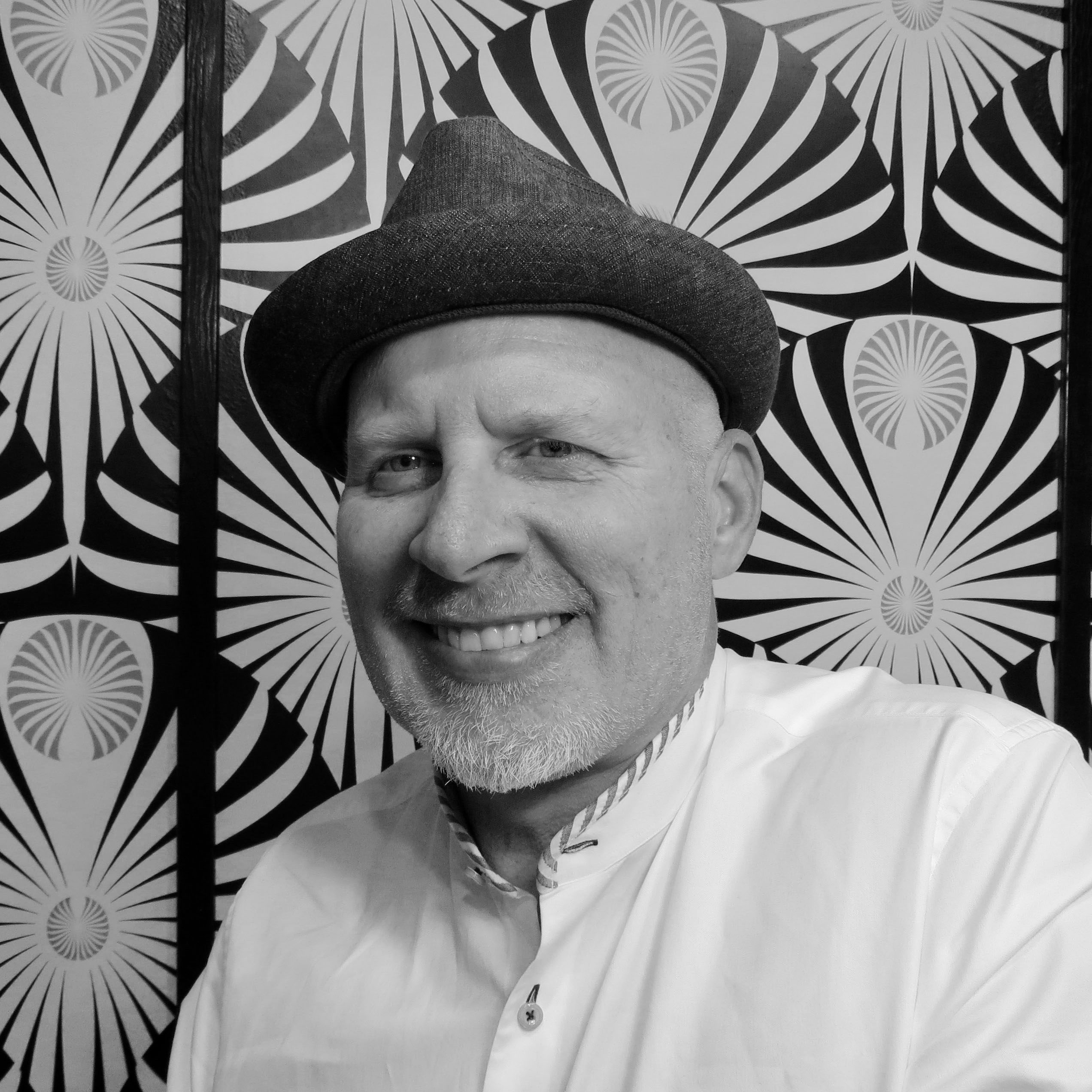Featured Topics
Featured Products
Events
S&P Global Offerings
Featured Topics
Featured Products
Events
S&P Global Offerings
Featured Topics
Featured Products
Events
S&P Global Offerings
Featured Topics
Featured Products
Events
Financial and Market intelligence
Fundamental & Alternative Datasets
Government & Defense
Professional Services
Banking & Capital Markets
Economy & Finance
Energy Transition & Sustainability
Technology & Innovation
Podcasts & Newsletters
Financial and Market intelligence
Fundamental & Alternative Datasets
Government & Defense
Professional Services
Banking & Capital Markets
Economy & Finance
Energy Transition & Sustainability
Technology & Innovation
Podcasts & Newsletters
23 Jul, 2021

|
Camus Energy CEO Astrid Atkinson and Chris Bilby, an engineer at Holy Cross Energy, examine lithium-ion batteries at a site in Colorado. Source: Camus Energy |
After spending nearly two decades developing distributed computing software at Google LLC, former engineers at the Silicon Valley tech giant are applying their expertise to the power sector. That background lends itself well to addressing the significant challenges utilities face in harnessing the full potential of rooftop solar, small-scale batteries, electric vehicles and other distributed energy devices that are proliferating across their service territories.
"You think the problem is one of coordination, but you actually need to start with system-level visibility because until you have that system-level view that you can kind of fit those new pieces into, it's really hard to understand what you need them to do," Astrid Atkinson, CEO and co-founder of San Francisco-based Camus Energy Inc., said in an interview.
With the help of $16 million in financing announced July 20, the smart grid startup is building out its team and adding new artificial intelligence and machine learning capabilities to its grid management platform — a cloud-based software package sold to utilities as a service. Hedge fund manager Park West Asset Management LLC led the series A round, joined by early-stage investment firm Congruent Ventures and an undisclosed investor-owned utility.
Founded in 2019, Camus adds another intriguing player vying to fill the still considerable gaps in utilities' control of distributed energy resources, alongside major vendors of advanced distribution grid software like General Electric Co., Oracle Corp., Siemens AG and Schneider Electric SE.
"One really big weakness of current technology approaches is that if your data is not perfect and your models aren't perfect, your software is basically not working correctly or not trustworthy," Atkinson said.
The company can claim some early successes, including with electric cooperatives Holy Cross Energy Inc. in Colorado and Kit Carson Electric Cooperative Inc. in New Mexico.
"The Camus grid orchestration platform is already helping us manage our local clean energy resources and the [Holy Cross Energy] electric distribution grid in a more flexible and cost-effective manner while enabling our members and their communities to adopt distributed energy resources to meet their economic, environmental and energy resilience needs," Bryan Hannegan, president and CEO of the cooperative, said in a statement.
The utility sees the platform as an important tool for improving its real-time visibility into power flows on both sides of the meter as it strives for a zero-carbon power mix by 2030, among the nation's fastest decarbonization targets. Holy Cross is part of a coalition of power companies urging a national clean energy standard to slash carbon dioxide emissions 80% from 2005 levels by 2030.
But utilities often lack the digital expertise required to successfully manage both growing volumes of large-scale variable renewable energy generation and a dizzying array of new resources at homes and businesses. A recent Ernst & Young survey of 159 power and utility executives from around the world flagged widespread digital deficits despite clean energy ambitions.
"Only by being digital will an organization proactively meet the market as it changes and captures the total value of its existing digital investments and future technology enhancements," the consulting firm said in a report released in June.
'Meaning in the act of struggle'
In seeking to expand its capabilities, Camus Energy is working with the U.S. Energy Department's Pacific Northwest National Laboratory to incorporate new artificial intelligence and machine learning into its platform. Such advances could help operators of distribution grids better coordinate clusters of rooftop solar arrays, electric vehicles, thermostats and other small-scale resources into virtual power plants.
As utilities seek to decarbonize their power portfolios and incorporate more customer-owned systems while also navigating the impacts of climate change, Camus is positioning itself for a long-term fight.
The upstart takes its name from French philosopher Albert Camus and the motto from his 1940s essay "The Myth of Sisyphus," which dives into the unending battles and challenges of life.
"The argument that he makes in the essay is, basically, well, you pick something, and you find joy and meaning in the act of struggle," Atkinson said. "We have a really big challenge ahead of us as a culture, as a global civilization. ... No one company, no matter how great, is ever going to really win that struggle. Still, there's a lot of meaning and a lot of purpose to be found in engaging in it."
